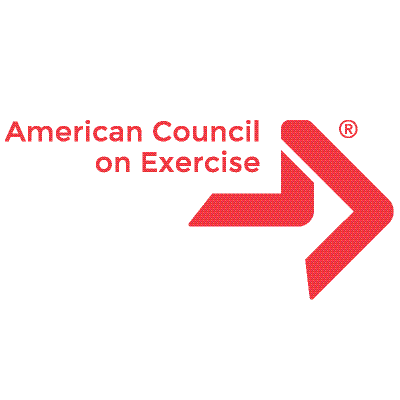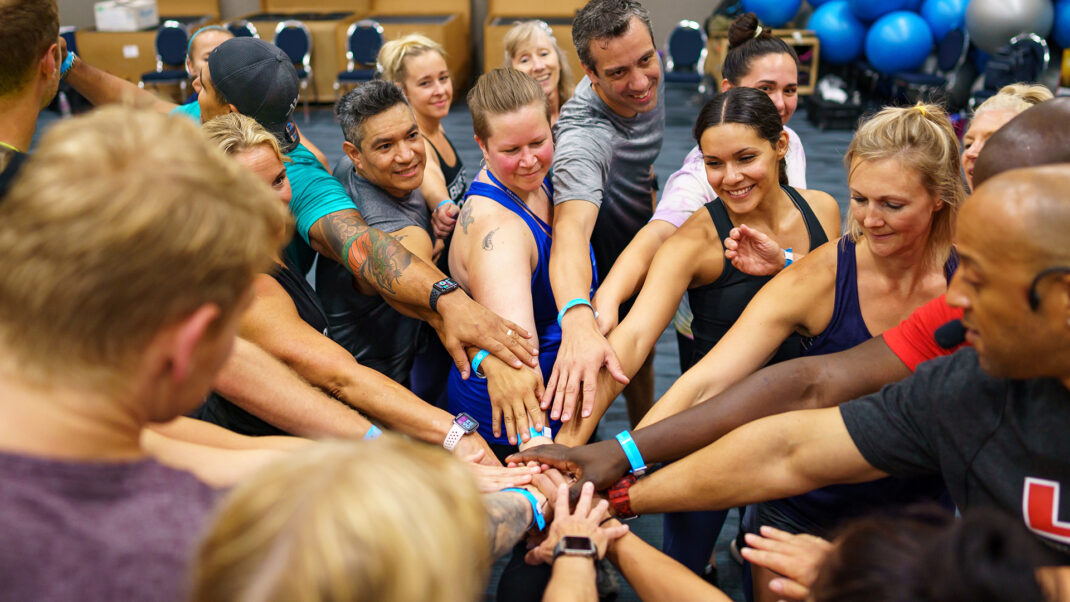Sponsored Content
Why Certifications Matter
What can we learn from the case against a popular fitness influencer?

Popular “fitness influencer” Brittany Dawn has been back in the news in recent weeks, as the state of Texas is suing her for allegedly using deceptive business practices by not delivering the personalized fitness and nutrition plans she had promised to her social media followers turned customers. Her trial was recently postponed, but it’s still important for us to unpack this case, as there are valuable lessons to be learned.
The details of this case provide ACE Certified Exercise Professionals and Health Coaches with an opportunity to help their clients and potential clients understand and appreciate the importance of certification and the associated educational and ethical requirements. Here are some areas worth highlighting if clients ask about the case or if potential clients aren’t quite convinced of the importance of working with a certified professional.
Certification and Continuing Education
Fitness is a non-licensed occupation, meaning anyone can claim to be an expert with little to no formal training or proper credentialing. The case brought against this fitness influencer highlights an important issue of education and credentials in this industry.
Earning an ACE Certification and completing the continuing education required to renew every two years demonstrates a level of expertise and commitment that helps separate you from many social media influencers. For example, Brittany Dawn cited her personal experience with an eating disorder as a source of her expertise. While pursuing a passion based on one’s own experience is admirable—and part of the personal story of many health and fitness professionals—it’s not enough to establish expertise in a given topic. That requires certification from a reputable organization and continuing education to stay up to date with the latest exercise science research and fitness trends, or, better yet, to earn a specialization in a given subject area.
There are also scope of practice concerns here, which we’ll touch on below.
Code of Ethics
As you know, all ACE Certified Pros are required to adhere to the ACE Code of Ethics, beginning at the moment when they sign up to take a certification exam. In addition, you must complete mandatory education on professional conduct every two years.
It’s important to note that the Code of Ethics is designed to not only protect you ethically and legally, but also to give your clients or participants the peace of mind that you have their best interest at heart and are operating within an accepted set of ethical parameters. One element of the ACE Code of Ethics is a promise to “Uphold and enhance public appreciation and trust for the health and fitness industry.” One way to do that is remind members of the general public of the importance and value of certification.
Scope of Practice
Each ACE Certification has its own associated scope of practice that defines the role of that profession. The ACE Position Statement on Nutrition Scope of Practice for Exercise Professionals and Health Coaches, which can be found in each of ACE’s textbooks, defines exactly what falls within the scope of practice for all ACE Certified Pros when it comes to nutrition. This includes the sharing of nonmedical nutrition information and the discussing of topics like the principles of healthy nutrition and food preparation, as well as foods to be included in a balanced daily diet.
Importantly, this statement also outlines what falls outside that scope of practice, which includes the creation of individualized nutrition recommendations or meal planning—which is what Brittany Dawn is alleged to have offered.
Educating consumers about not only your capabilities as a professional, but also the limitations that have been established regarding what you are topics you are able to discuss or services you can provide within your scope of practice, demonstrates professionalism and trustworthiness.
Personalized Coaching and Programming
Ms. Dawn is accused of selling, but failing to deliver on, personalized coaching and instead using a generic, one-size-fits-all approach. Personalized coaching and programming are the hallmarks of being an ACE Certified Professional and should be a point of differentiation that you highlight in all of your marketing and publicity efforts. Examples of ACE’s commitment to a personalized approach include the ACE Integrated Fitness Training® Model, the ACE Mover Method™ and the ACE RRAMP Approach™.
Some Final Thoughts
The fitness industry has been grappling with the role of “influencers” for some time, and it’s important to note that many social media influencers are acting with the best of intentions and offering sound advice. Many are well educated in the areas in which they are advising, so this is not meant as an indictment of any social media platform or its influencers or users.
Instead, this is a call to action to consumers to become more informed about whose advice they are taking, as well as for social media influencers to seek out the education and certification required to act responsibly and in the best interests of their clients. Finally, it’s a call to action to ACE Certified Professionals to educate their clients on the importance of certification and use this as a key distinguishing feature when working to acquire new clients and expand their businesses.







